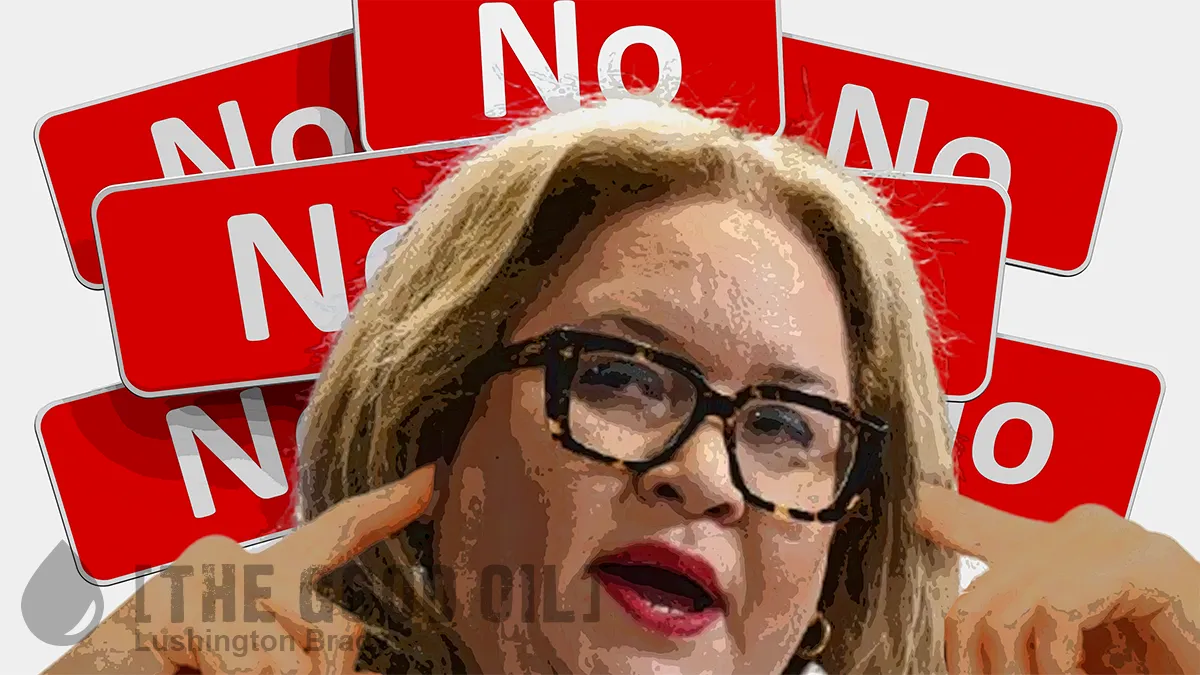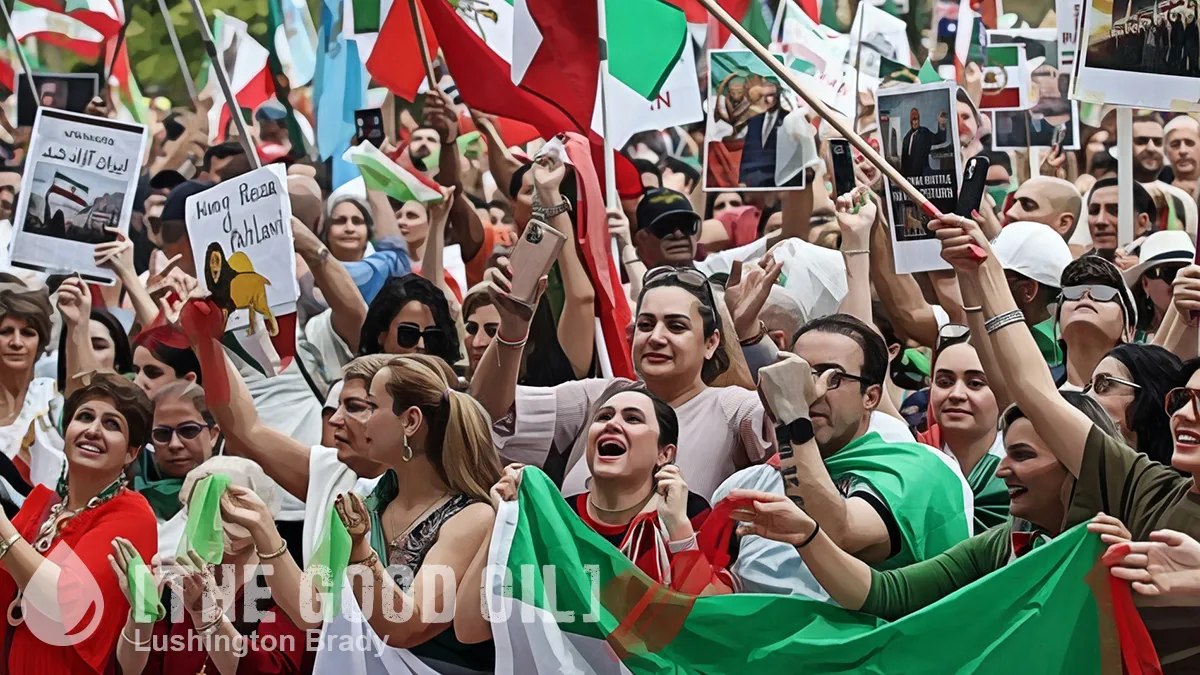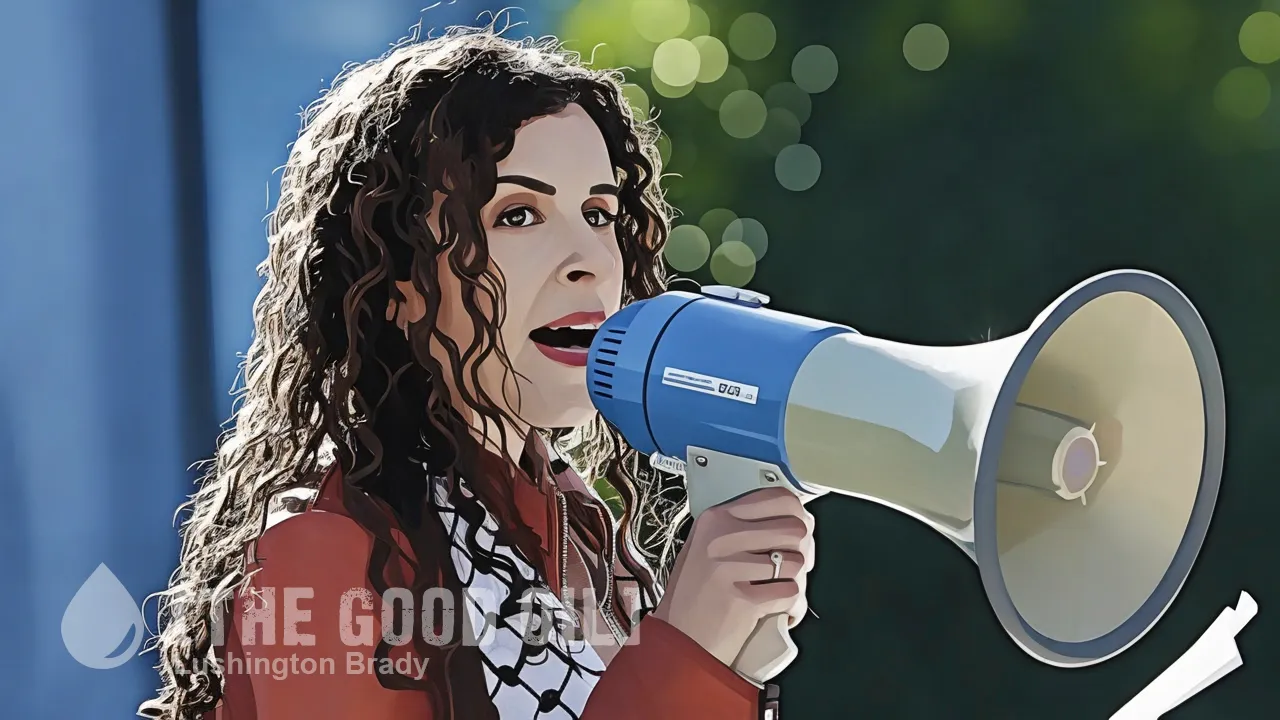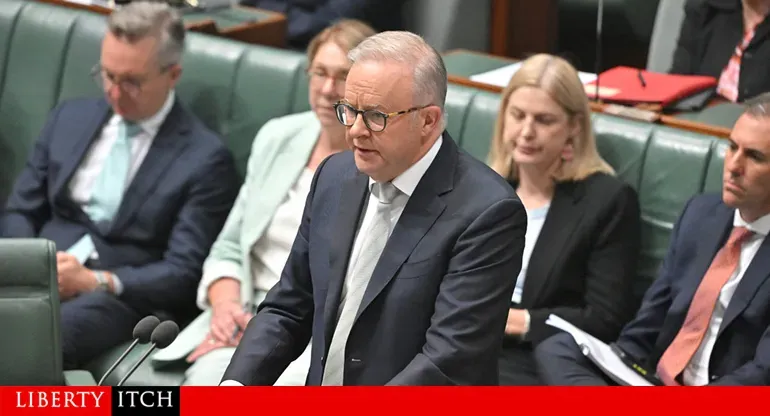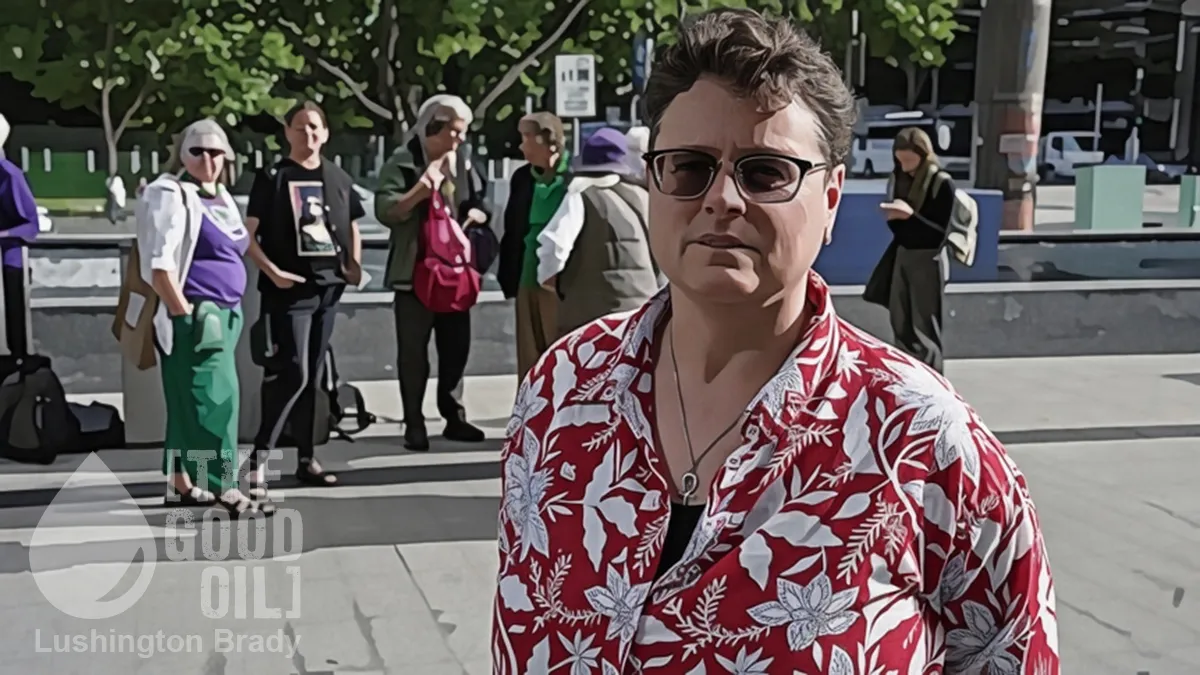Table of Contents
The most fatal mistake conservatives and centrists continually make is to think that the left will ever be satisfied.
The left never, ever, take ‘No’ for answer. Every time their latest dangerous ideology is democratically rejected, they refuse to accept that they got it wrong. Instead, they cry, throw tantrums, shake their fists, stamp their feet and hold their breath. Because, like the spoiled ideological toddlers they are, they know that the grown-ups will inevitably give in.
Because they will. Every time, the sensible majority think, ‘If we just give in to them on this, they’ll go away.’ They never do.
Australians are learning this lesson the hard way yet again. When the ‘Voice’ referendum was so comprehensively rejected that the result was called within an hour of polls closing, the left went straight to their usual playbook. First, the sulking, now, the tantrums and denial.
“The story of the referendum matters and history matters.” So said Indigenous professor of law Megan Davis. It’s a terrible shame, then, that Davis and others interviewed by this newspaper last week have, a year on, still ignored why Australians voted against the voice.
Australians voted because, absolutely contrary to the left and Aboriginal Grievance Industry, they utterly reject racial division and separatism. Which is why John Roskam of the Institute of Public Affairs has titled his new report, Why Australians Voted to Be Equal. As Roskam points out, despite more than 50 polls on how Australians might vote, only three since the vote have bothered to ask why.
The Australians Speak survey, commissioned by the Institute of Public Affairs and Advance Australia, the two groups that spearheaded the No side, asked 3526 Australians a week after the referendum why they voted against the proposal to alter the federal Constitution to create a permanent Indigenous-only body […]
When asked to nominate any of eight reasons that best explained their decision to vote No, 70 per cent of Australians surveyed said the voice would divide Australia. Sixty-six per cent said there was not enough detail. Sixty per cent of Australians surveyed said the voice would make Australians unequal […]
In a poll of 4200 people by the ANU Centre for Social Research and Methods immediately after the referendum vote, 66.1 per cent of respondents said dividing the country was a “very important” factor in deciding how they voted. ANU’s Australian Constitutional Referendum Study concluded: “The data suggests that Australians voted no because they didn’t want division and remain sceptical of rights for some Australians that are not held by others.”
The poll commissioned by The Australian Population Research Institute in December last year of 3001 respondents found 53 per cent of people who voted No chose this reason: “We are one country, and no legal or political body should be defined on the basis of race or ethnicity.”
None of that is what the Yes campaign wanted to hear. They’re still refusing to listen. Instead, they’re just throwing their little tantrums and fishing for bogus excuses.
That’s what most Yes campaigners have offered since the referendum. Evidence would get in the way of them blaming the result on racism and ignorance, or on other equally spurious grounds – for example, claiming that Labor MPs and unions didn’t do enough to help, that infighting killed the voice and, even less credulously, that the voice failed because of insufficient money and time.
Are they serious? More than $50m was spent by the Yes campaign – a lot of it swiped from shareholders – to try to convince Australians. Hard data wouldn’t allow them to blame the loss on Peter Dutton either.
What must really irk the left, though, is just how utterly comprehensive the referendum defeat was. It was, in all respects, truly historic.
Roskam is correct to conclude “the outcome of the voice referendum was the most decisive result of any significant political contest in Australian history”.
His analysis reveals that the thumping defeat of the 2023 referendum proposal surpassed defeats of earlier important referendum proposals – from conscription in 1916 (52 per cent against) to banning the Communist Party in 1951 (51 per cent against) to the republic referendum in 1999 (55 per cent against). Nor has any federal election contest since Federation attracted a 60 per cent voting bloc of Australians akin to the No vote last year.
While some previous referendum proposals attracted a higher No vote, as Roskam details, none of them had to counter a tidal wave of support from high-profile political, media, business, religious, education and arts elites as the Yes case did for the voice.
Yet, the left simply stick their fingers in their ears and chant, ‘la la la la’.
The referendum result should also be a wake-up call to contemporary religious leaders who espouse wokeism over fundamental Christian principles.
With the Australians Speak poll revealing that 74 per cent of religious voters rejected the voice, “it’s clear,” writes Roskam, “that those religious organisations did not speak for their members”.
The likes of ‘Father Tilty-Head’ Rod Bower might steam the knickers of lefties who would never be seen dead in church, but it leaves grassroots Christians cold. Perhaps these fatuous lefty twats in cassocks might want to consider why their pews are empty while the evangelicals are full to bursting.
As if.

